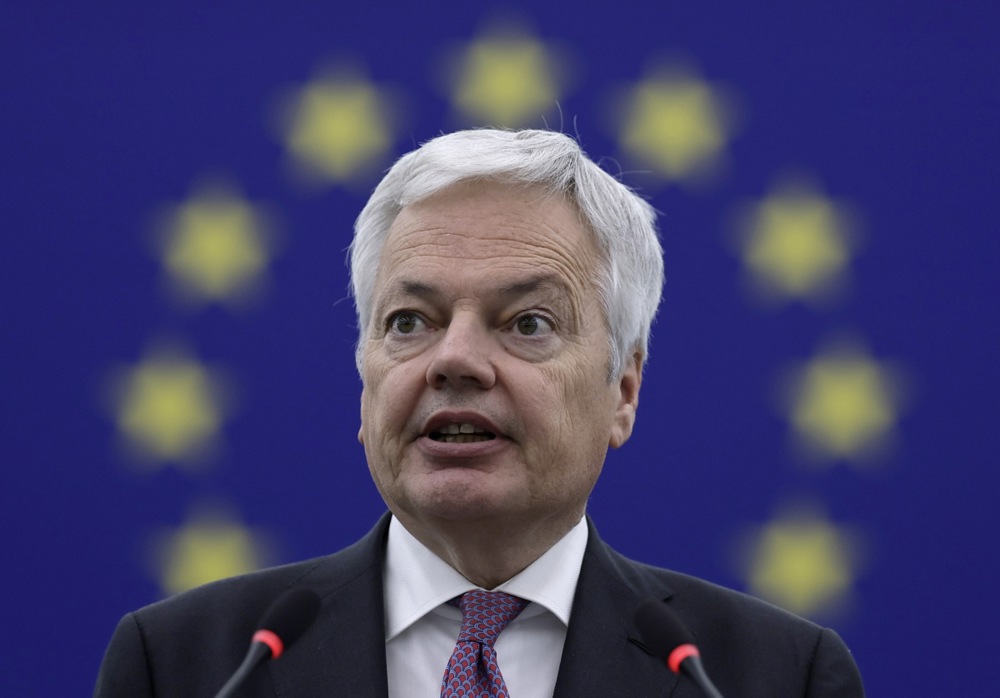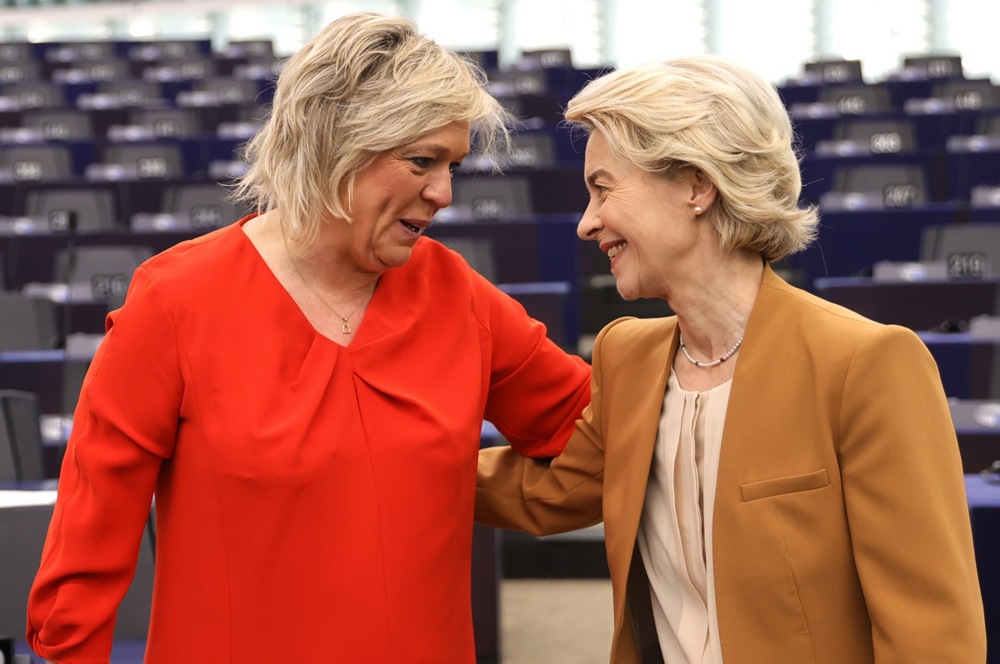The apparent money laundering scheme that has been allegedly connected to former European Commissioner for Justice Didier Reynders uniquely does not fall under EU law, thanks to an exception for national lotteries approved just months ago.
Voted on in April, adopted at the end of May of 2024 and not in full swing until 2027, the beefed-up European Union laws against money laundering explicitly leave out national lotteries, claiming they were a low-risk example.
News outlet Euronews, which first broke the story, noted on December 5 that this was “the exact method for which former EU Commissioner Didier Reynders is under suspicion by Belgian police”.
The legislative changes happened when Reynders was a commissioner.
Under the new rules, individual governments were granted the ability to request exemptions for their lotteries, subject to approval or rejection by the European Commission.
In the original 2021 proposal, Euronews reported, the exemption for national lotteries was included, “at the insistence of MEPs”.
It was noted that the talks on this subject were led by Mairead McGuinness, the Irish commissioner responsible for anti-money laundering at the time.
The subject of money laundering was moved from Reynders’ Justice Directory General (DG Justice) to McGuinness’s Directorate-General for Financial Stability, Financial Services and Capital Markets Union (DG FISMA) before he took office in 2019.
Still, explicitly exempting behaviour that allegedly implicates one of its own top officials in such a sensitive matter casts the EU in a poor light many observers have said, suggesting at best a severe lapse in judgement.
Reynders, who was serving as European Commissioner of Justice under current Commission President Ursula von der Leyen until December 1, has been put under investigation by Belgian authorities.
For about a decade, Reynders allegedly bought lottery tickets with dubious money to launder the profits back into his account
He is suspected of having allegedly laundered money for some years through the National Lottery, an organisation for which he was responsible between 2007 to 2011.
The practice is often connected with drug dealers or other criminal groups.
Didier Reynders, who was serving as European Commissioner of Justice under EC President Ursula von der Leyen until a few days ago, has been put under investigation by Belgian authorities amid allegations of money laundering. https://t.co/tRtojlsKAy
— Brussels Signal (@brusselssignal) December 4, 2024
The suspicions surrounding Reynders have drawn particular attention in Poland and Hungary, where Conservative governments have clashed with him over his accusations concerning the rule of law in those countries.
In the European Parliament, the Patriots for Europe group have been the most vocal in reaction.
“The irony is almost too much to bear”, the group said in a statement on December 4.
“This is the same man who, as Commissioner for Justice, frequently pointed fingers at governments that dared to challenge the ideological straitjacket of the ruling coalition in Brussels. To now see him embroiled in allegations of such crude corruption is nothing short of a paradox of monumental proportions.”
“The people of Europe deserve leaders who embody the principles they claim to defend. This scandal tarnishes not only Didier Reynders but also the integrity of the institutions he represented,” the statement read.
?️ | The people of Europe deserve leaders who embody the principles they claim to defend. This scandal tarnishes not only @dreynders but also the integrity of the institutions he represented. #patriots pic.twitter.com/sZIGwBLrZF
— Patriots for Europe (@PatriotsEP) December 4, 2024





